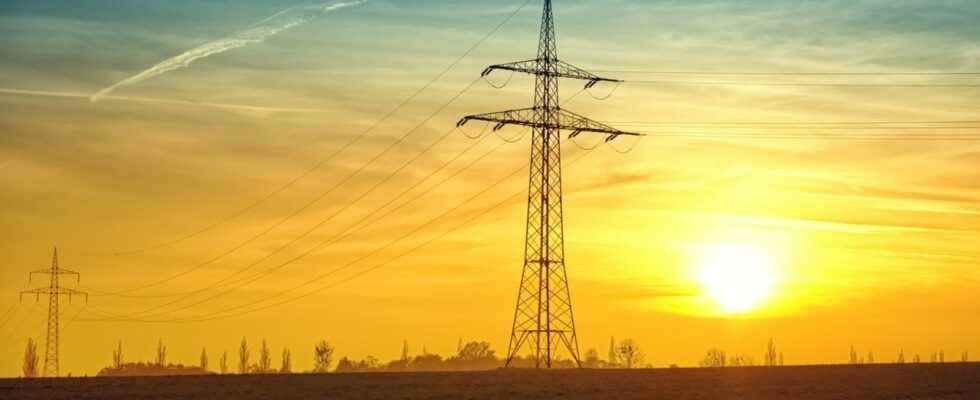The energy consumption of the French continues to fall according to the latest figures issued by RTE this Tuesday, December 6 in the evening.
And the French are making an effort, since, despite the winter that
looms, the latest available data show that this time the decline recorded concerns all levels of society.
Consumption is falling everywhere, even in the tertiary sector
It’s been a trend for almost a month that has accelerated in the last week. For RTE, “ the bearish effect is growing “, noting last week a drop of -8.3% in electricity consumption in France compared to the average for the period 2014-2019. In its previous update, RTE had already noted a 6.7% drop in this consumption over one week.
” Over the last four weeks, electricity consumption in France at normal temperature shows a structural decrease (6.6%) compared to the minimum of previous years (2014-2019) over the same period sums up the manager of the national electricity transmission network.
Whereas until then this drop had been felt above all in the industrial sector, much more affected by current inflation, this time still according to RTE ” the drop in consumption now appears to concern all sectors “, including ” the residential sector (majority in volume) and tertiary “.
A sobriety objective of 10%
Particularly encouraging figures, when we remember the objectives of the State in the field. Thus, the energy sobriety plan presented by the government on October 6 sought to reduce this consumption by 10% compared to its 2019 level.
” The success of the plan now depends on collective responsibility: each actor is called upon to apply their action plan to reduce their consumption by 10% said Minister of Energy Transition Agnès Pannier-Runacher at the time.
A target established over the next two years which should lead to a much sharper decline in French consumption in the longer term, which the government hopes will be -40% by 2050.
Sources: The world, Ministry of Ecological Transition

33